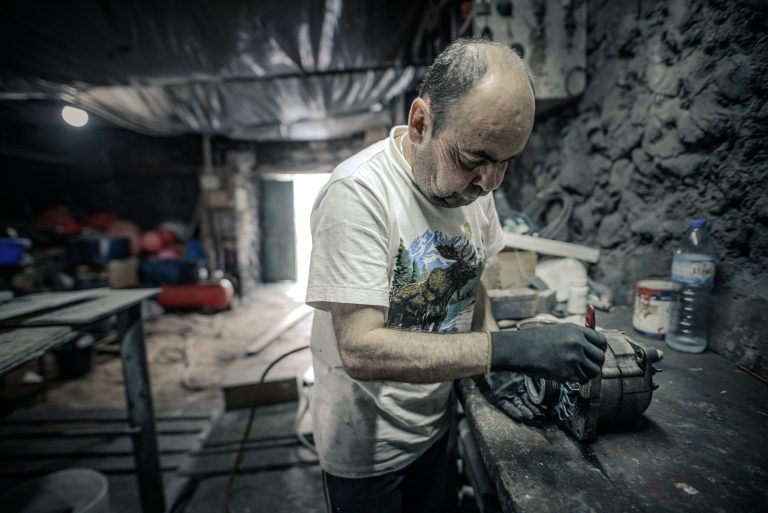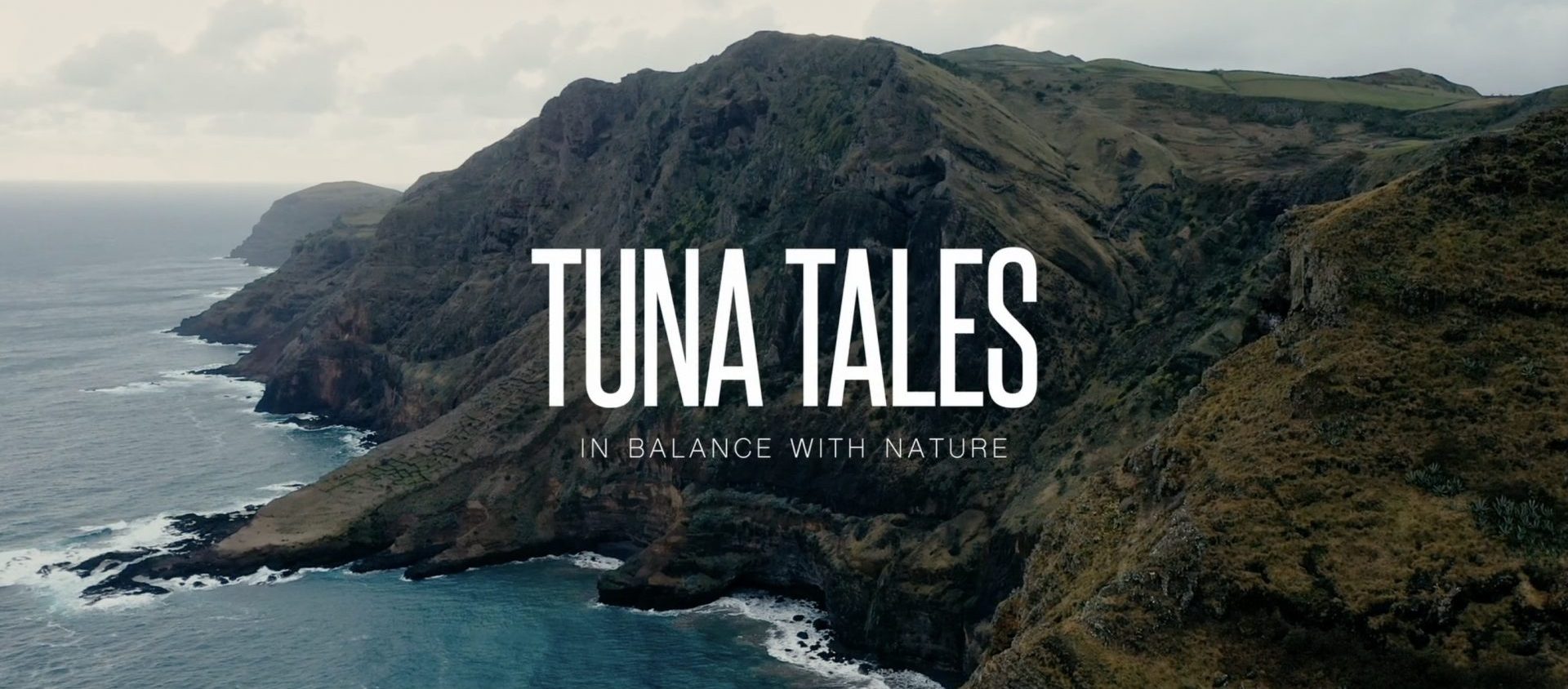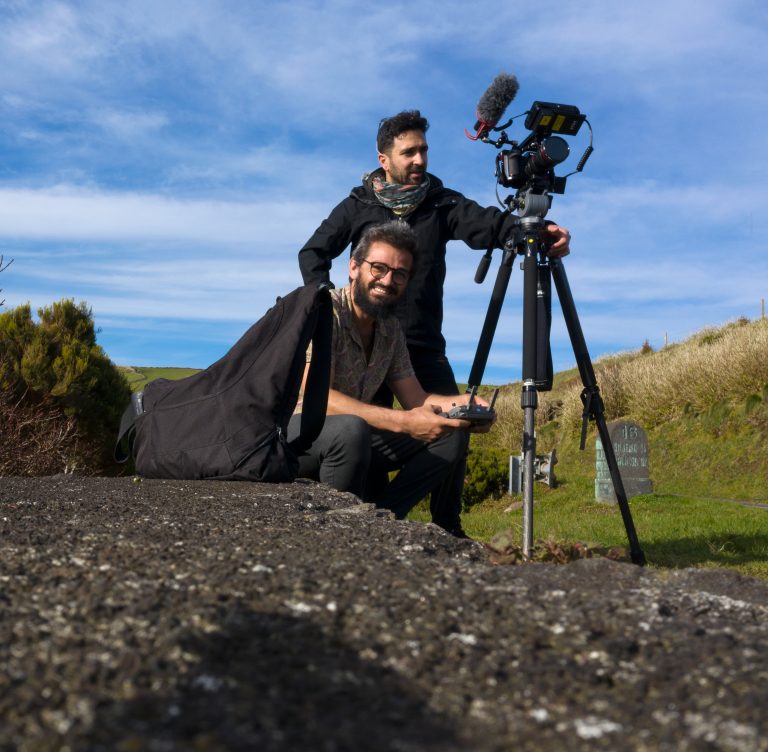
The Tuna Tales films explore the importance of one-by-one tuna fishing in communities from the Azores, the Canary Islands, Cape Verde, Maldives and Indonesia and tells the stories of the people living here. IPNLF partnered with award-winning National Geographic photographer, Pepe Brix, with the help of highly acclaimed documentary videographer, Rui Pedro Lamy, to develop the series which documents the beauty and challenges of live for these communities.
One-by-one tuna fishing forms the foundation of many fishing communities around the world but they face an increasing struggle for survival in an ocean under stress and an industry very much centred around the needs of industrial fisheries, rather than small-scale, local, community driven fisheries.
It’s important that we tell the stories from these regions to raise awareness and drive change among consumers to consider the lives behind their purchases.

Tuna Tales | In Balance With Nature is the final part in a documentary series for the Tuna Tales Project. This film unites the stories of one-by-one fishing communities around the world. It highlights the deep relationships between these communities and the ocean, as the source of their livelihoods. Fishers in these regions understand the rhythms of the ocean and the imbalance caused by industrial overfishing with unsustainable methods. Instead, they present an alternative, more sustainable future. A future in balance with nature.
The Tuna Tales films have been shown at a number of events. The first 2 episodes were shown at the 2021 CCRUP General Assembly in the Azores and Tuna Tales | In Balance was featured at Sciaena’s film festival, Scianema, and was an official selection at the Blue Water Film Festival 2022 where it was a competitive entry.
In 2022, Tuna Tales | In Balance was also shown at the international film festivals Ocean Films Húsavík, Marmostra, Cine Eco Seia, and has won the award ““Best Focus on Science” at the FAO World Food Forum Film Festival.
We are excited to share these stories at more film festivals around the world and if you would like to feature the film, contact us at tunatales@ipnlf.org.
Visit our FilmFreeway Profile

“I grew up surrounded by fishers and Tuna Tales gave me the opportunity to, somehow, be part of a change that I know has to come. I dove deep into the problems around the fishing industry and listened to the voices of those who feel it directly. When listening to their stories you are left with no doubt that fishing is crucial for their survival. For example, in Cape Verde they need to take more and more risks as they are forced to go far out at sea to catch half of what they used to catch close to the shore. Tuna Tales has been more than a photographic or videographic project, it has been a very strong introspective journey for Lamy and I, and we keep, printed on our hearts, each word spoken from these men and women.”
– Pepe Brix, Tuna Tales Videographer